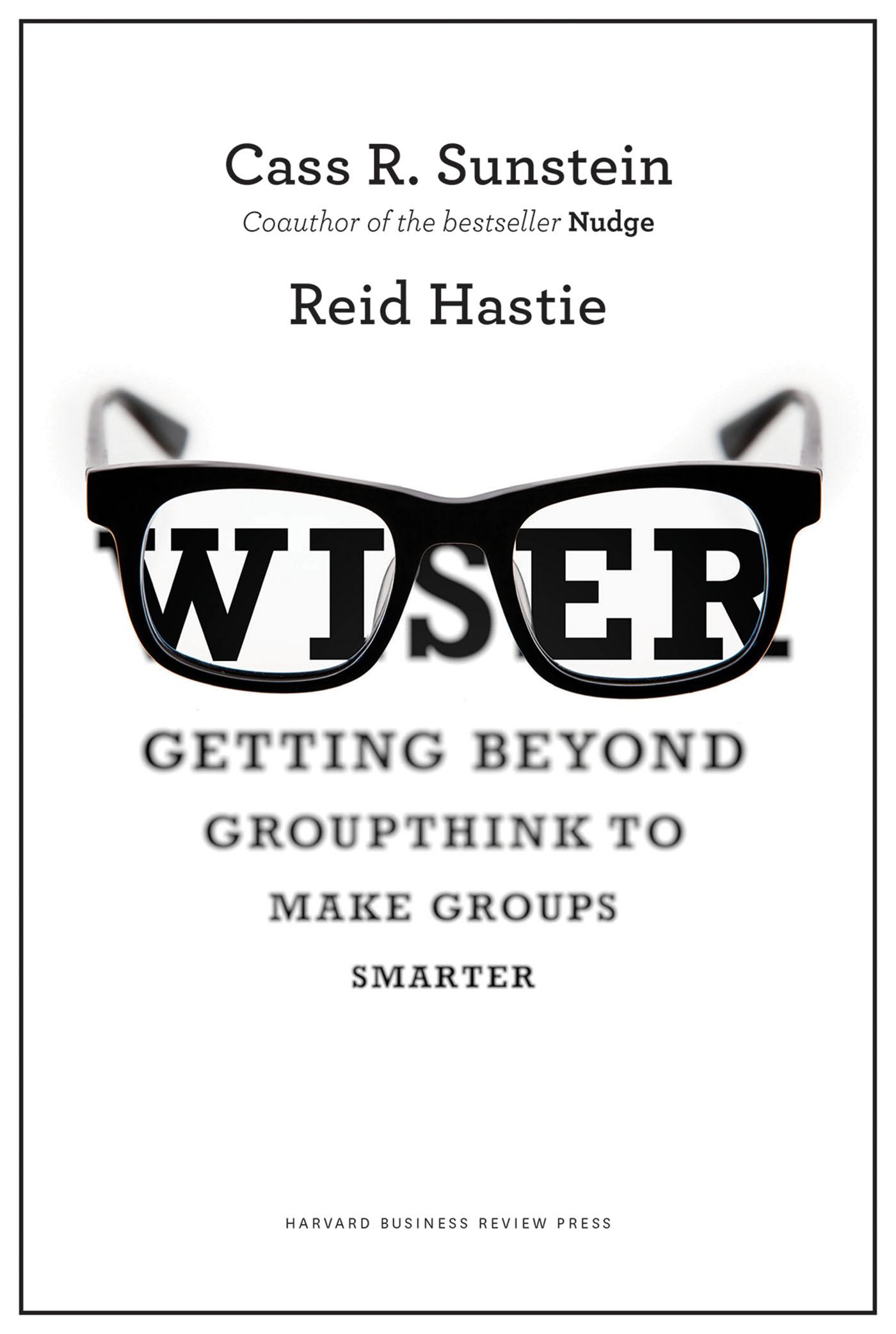

What happens when you place a group of liberal-minded Boulderites together in a room and then give them a controversial topic to discuss? Then, what takes place when you turn around and do the same with a group of right-leaning Colorado Springs residents?
In part, you end up in a new book by behavioral science professor Reid Hastie of the University of Chicago Booth School of Business and Harvard law professor Cass Sunstein. It's called “Wiser: Getting Beyond Groupthink to Make Groups Smarter.”
The book is about the problems that arise when people create their own “personal echo chambers” during group deliberations. The result is group polarization -- a sort of “law of social physics” where a trend or tendency becomes more extreme as people with shared opinions talk to each other.
To demonstrate this effect, Hastie and Sunstein organized 25 groups of citizens -- about half in Boulder, which has a reputation for being liberal, and half in Colorado Springs, which has a conservative reputation. They placed the groups in a room and gave them 20 minutes to converse about controversial issues, such as same-sex marriage, climate change, and affirmative action.
Prior to the discussions, there was internal diversity of thought within the groups. But, after the deliberations, all of the groups showed dramatic ideological tilts in the direction you would expect.
Why does this polarization happen?
“Groups have a tendency to stay on the same subject matter and to talk about it too long,” Hastie says. “Groups also have a tendency not to effectively bring in the most informative new data.”
Hastie’s colleague, Sunstein, appeared on The Daily Show with John Stewart to talk about the study. Sunstein noted that introducing new evidence can often make people more defensive.
Hastie says a common first reaction to new evidence is to counter argue.
“But people aren’t completely irrational,” Hastie adds. “If there’s valid information from a credible source, the norm is to adjust in a constructive direction.”
He suggests having groups with “mixed perspectives” to achieve the most informed conclusion in social, political and business discussions.
“Consensus pressure is overrated,” Hastie says. “If you have a lot of pressure to reach a consensus in group, it actually can inhibit effective information sharing.”









